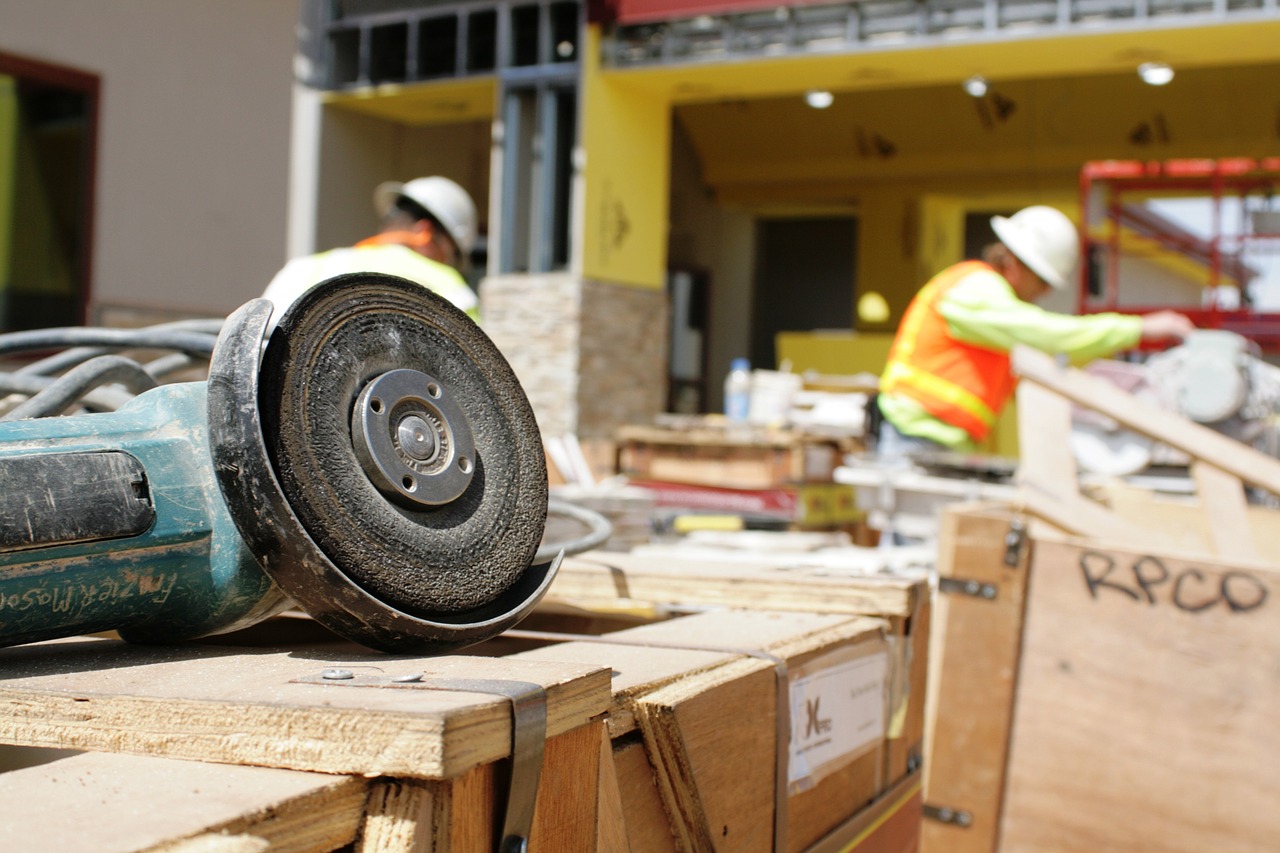
Bid bonds and payment bonds are both surety bonds that are commonly required in the construction industry. But they serve different purposes and are required at different points in the contracting process. Let’s take a closer look below at bid bonds vs payment bonds, so you can understand the difference.
If you need a quote for either of these bonds, contact Surety Bond Professionals today. We have over 30 years of experience in construction surety bonding, and our agents are ready to answer your questions.
What Are They?
Here’s a quick overview of each bond type that can help you understand the difference between the two:
| Bid Bonds | Payment Bonds | |
| Purpose | Guarantees the contractor will accept the job if awarded the contract. | Guarantees the contractor will pay subcontractors, suppliers, and workers according to the terms of the contract. |
| Required by Law? | May be required by government and private project owners, but not mandated by law. | Mandatory under the Miller Act for federal public works projects of $100,000 or more. Also required by “Little Miller Acts” in some states. |
| Timing | When required, must be obtained before a contractor’s bid will be accepted or considered. | When required, must be obtained before the contractor begins work. |
A bid bond protects the project owner from having to go through the whole solicitation and bid evaluation process again if the chosen bidder turns down the job. This can happen when a contractor realizes the job can’t be done profitably for the bid price or bids on several jobs simultaneously and is awarded multiple contracts without having sufficient resources and capacity to accept all of them.
A payment bond protects the project owner against being held responsible for money the contractor owes to subcontractors, suppliers, or laborers. Without the protection of a payment bond, the project owner could be sued by any of these unpaid parties, resulting in a lien on the property. Under the Miller Act, a payment bond is required in conjunction with a performance bond. This is often the case with private construction projects as well.
Who Needs Them?

Bid bonds must be purchased by all contractors bidding on public or private construction projects—if a bid bond is required by the project owner as a condition of bidding.
Payment bonds must be obtained by contractors awarded projects that fall under the federal Miller Act or a state’s Little Miller Act. They may also be necessary if required by the owner of a private construction project.
How Do They Work?
Like all surety bonds, bid bonds and payment bonds involve a three-way contract between the project owner (the obligee requiring the bond), the contractor (the principal required to purchase the bond), and the bond company (the surety that underwrites and issues the bond). Any party that suffers a financial loss as the result of the principal’s failure to abide by all of the terms and conditions of the bond contract can file a claim against the bond to recover that amount.
When a claim is filed, the first thing the surety does is investigate to ensure that the claim is valid. The surety then pays the claim up to the full penal amount of the bond, but only as an advance on behalf of the principal. The principal must ultimately reimburse the surety, as every surety bond contract includes an indemnification clause that requires the principal to make the surety whole.
What Do They Cost?
At Surety Bond Professionals, bid bonds are typically issued at no cost. We typically offer this as a courtesy, with the idea being that we are prepared to provide performance and/or payment bonds if the contractor is awarded the project.
Payment bonds are priced in the same manner as all surety bonds. The obligee establishes the required penal amount of the bond. This amount is the highest amount that can be paid out to a claimant. What that amount is depends on the value of the project. The principal, however, will only pay a small percentage of the total bond amount as the premium for the bond.
The premium rate that the principal will pay is determined by the surety, based largely on the contractor’s personal credit score. Other factors may be considered as well, such as the contractor’s industry experience and personal and business financials.
Get A Quote

Of course, the easiest way to know what a bond will cost in your specific situation is to simply request a quote. Contact Surety Bond Professionals today, and make us your preferred source for construction surety.


